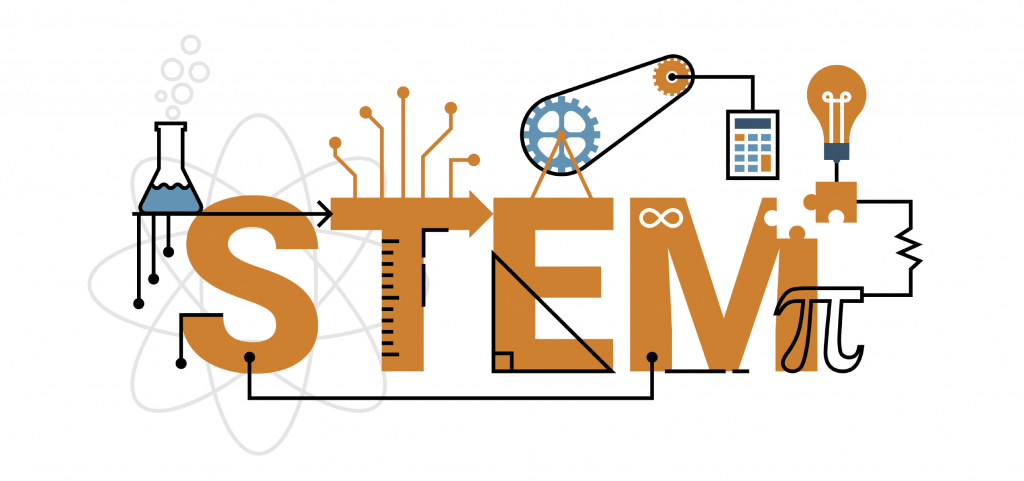How well is the compulsory education system supporting demand for STEM skills in Northern Ireland?
Skills development is critical in driving economic growth, and evidence highlights the importance of STEM subjects in contributing to innovation and productivity within economies. However, demand for people with high quality STEM qualifications outstrips supply in Northern Ireland, and employers face challenges in recruiting appropriately skilled STEM workers at every level. This undersupply is particularly acute in the areas of maths, computer science, engineering and technology, in line with growth forecasts for the ICT, Professional Services and Advanced Manufacturing sectors. Women are particularly underrepresented among the STEM workforce.

There are weaknesses in the STEM ‘artery’…
Education lays critical foundations for future interest and ability in STEM, and makes up a key aspect of the STEM ‘artery’ or pipeline. However, evidence in Northern Ireland points to a number of issues which may influence early interest in STEM, and the subsequent uptake in STEM subjects at post-primary and in further and higher education.
Northern Ireland performs among the best countries in the world in primary maths, but significantly less well in primary science and post-primary maths…
Northern Ireland’s performance in maths at primary is among the best internationally. However, at post-primary, our students perform significantly below average in maths, and a relatively low proportion of students achieve at the highest levels. In science, our primary pupils perform significantly less well than many other countries, while post-primary students achieve in line with the international average.
Science is not a separate subject at primary, and many primary school teachers lack confidence in teaching it…
The revised curriculum comprises a number of areas of learning. ‘The World Around Us’ area comprises science, geography and history, and as such, science is not a standalone subject. This approach is out of step with many other countries that are successful in primary science. Evidence has found that in Northern Ireland’s primary schools:
- The science and technology elements were underdeveloped in 54% of schools inspected;
- While 91% of teachers surveyed felt very prepared to teach maths, only 54% felt as ready to teach science; and
- Teaching time was higher than the international average for maths, but below average for science.
A planned review of the curriculum later in 2016 may provide scope for a review of the efficacy of the current approach to STEM in primary schools.
There has been a decline in the percentage of A level students taking STEM exams since 2004/05…
Between 2004/05 and 2013/14, the proportion of students entering one or more STEM A levels decreased from 48% to 45%. Subjects such as biology, chemistry, physics have seen a reduction in uptake, while maths has experienced an increase.
Northern Ireland is out of step with a growing trend towards computer science in schools…
There is a growing trend towards including computer programming in education internationally, and a move away from simply teaching ICT in schools (with its emphasis on using software). The revised curriculum in Northern Ireland does not refer to computer programming. While there is flexibility for schools to teach coding if they wish, the numbers doing so are likely to be small. At A level, more students are studying Information Technology compared to ten years ago, while fewer are taking Computer Science.
The reform of GCSEs and A levels in England means that students here will no longer be able to take exams from many awarding bodies. This restricts the subject offering available to students, particularly where the Council for the Curriculum, Examinations and Assessment (CCEA) does not offer an equivalent exam, such as in the case of GSCE and A level Computer Science.
Strengthening the STEM ‘artery’ will require a range of approaches…
Compulsory education lies at the heart of the STEM ‘artery’, laying the foundations for young people’s future career choices and success. However, the challenges at different stages of education, from the issues around primary science to decreasing uptake at A level, will require a multi-faceted approach in order to keep up with the demands of an increasingly innovation and knowledge-based economy.

